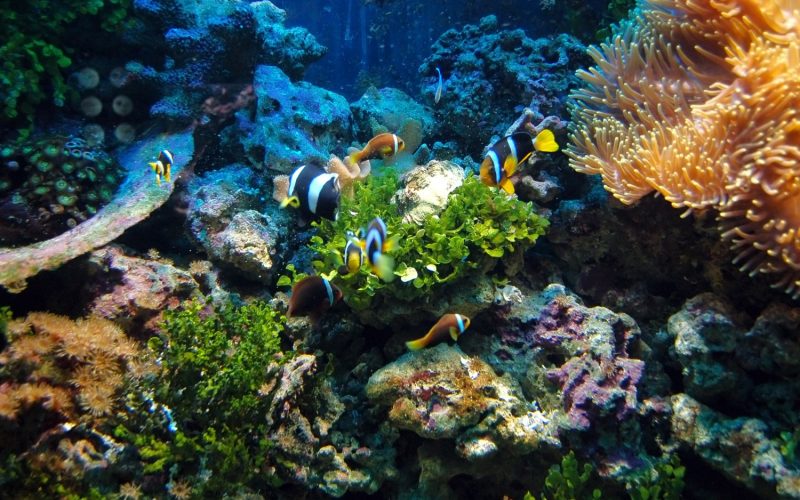Ecuador’s Constitutional Court has granted legal rights to coastal marine ecosystems, ensuring their protection against harmful human activities such as industrial fishing. This decision builds on Ecuador’s 2008 constitutional recognition of nature’s rights and mandates that marine ecosystems be safeguarded to preserve their natural “life cycles, structure, functions, and evolutionary processes.”
The court ruled that Ecuador’s government must adopt robust measures to protect marine biodiversity, citing scientific evidence that ecosystems are “interrelated, interdependent, and indivisible.” The decision identifies marine ecosystems, including beaches, estuaries, and lagoons, as fragile and under threat from overfishing, pollution, and climate change.
The case originated in 2020 when industrial fishers challenged a law restricting fishing within an 8-nautical-mile zone. The fishers argued that the restriction violated their economic rights and could inadvertently harm nature’s rights by increasing artisanal fishing pressure. The court rejected these claims, emphasising that the law is critical for maintaining fish populations and ensuring the long-term health of marine ecosystems.
Ecuador’s coastal regions are home to diverse marine life, including whales, sea turtles, sharks, and coral reefs. Tens of thousands of residents rely on these ecosystems for food and livelihoods. However, increasing human activities, such as aquaculture, oil operations, and pollution, pose significant threats.
Ecuador was the first country to recognise nature’s rights in its constitution. This new ruling extends those protections to aquatic ecosystems, setting a legal precedent for other countries. Environmental experts argue that the decision highlights the importance of balancing ecological concerns with human activities.
“The ruling opens the door to a new perspective, a blue perspective, on the rights of nature,” said Hugo Echeverría, an Ecuadorian lawyer involved in the case.
The decision obliges Ecuador to enforce laws that protect marine ecosystems, ensuring that fish and other species can reproduce while maintaining natural conditions like ocean temperature and salinity. This is vital for combating climate change, as oceans absorb the majority of human-made carbon dioxide emissions.
Ecuador’s leadership in recognising nature’s rights demonstrates a shift toward prioritising environmental health. While these rights are not absolute and may be limited under specific circumstances, the court’s decision ensures that human interests cannot overshadow ecological concerns without careful consideration of their long-term impact.





















